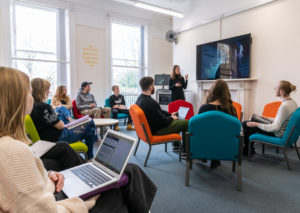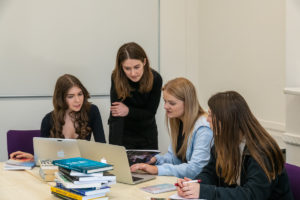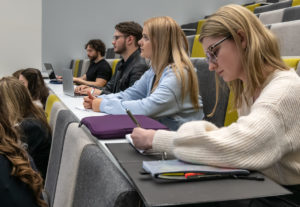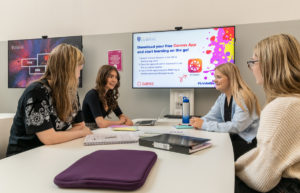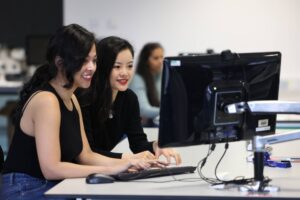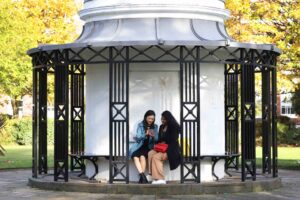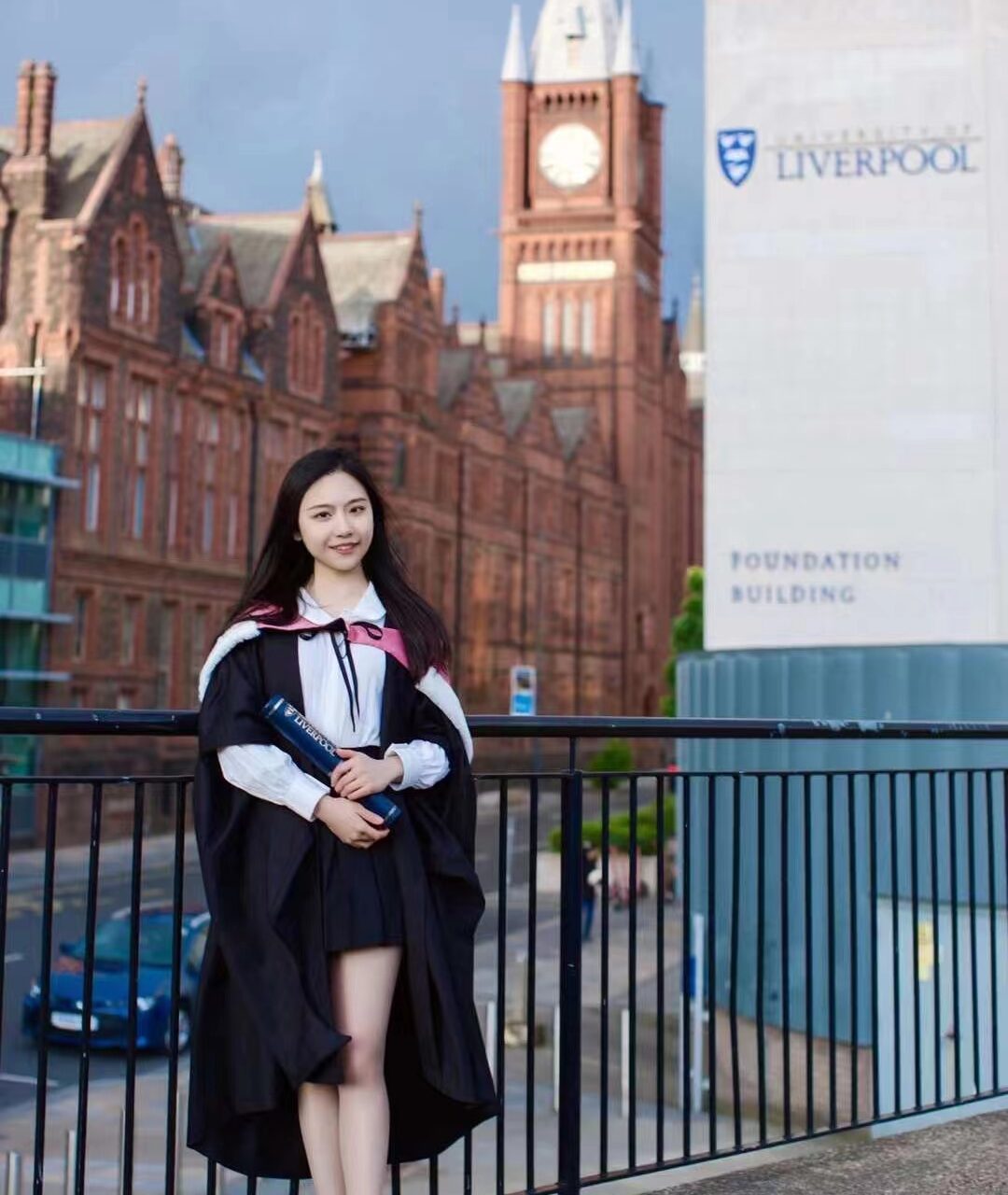Course overview
Communications Studies BA (Hons)
Film, journalism, digital media and language: how do these various communication systems shape the world around us, and our perception of it?
From politics and human rights, to celebrity and culture: you will learn how such ideas are influenced, expressed and shared. You will have the opportunity to explore a wide range of media and communication forms, analysing how they are organised as text, how they represent the world to us and ourselves to the world (from global power politics to constructions of individual identity), and how the media industries are organised to produce and profit from them.
As your degree progresses, you will have the opportunity to tailor your studies through a wide range of optional modules in topics such as political communication, screen media, virtual worlds, digital cultures, media writing, language and public relations. Employability is incorporated throughout the programme, including within modules, through ‘real world’ assessment methods and at tailored events. Many of our modules seek to develop practical skills – such as media writing, blogging and video-making – alongside academic skills, and final year students have opportunities to undertake a relevant work placement or their own independent research.
Optional modules within the Communications Studies BA (Hons) are listed below.
English and Communication Studies BA (Hons)
Within this programme, you will take half of your studies in the Department of Communication and Media and the other half in the Department of English.
You will choose modules worth 30 credits from each department in each semester of study. For the Communication Studies half of the programme, you can choose from the same range of modules as other students in the Department of Communication and Media, as listed below. For the English half of your programme, you will choose from the same range of modules offered by the Department of English.

